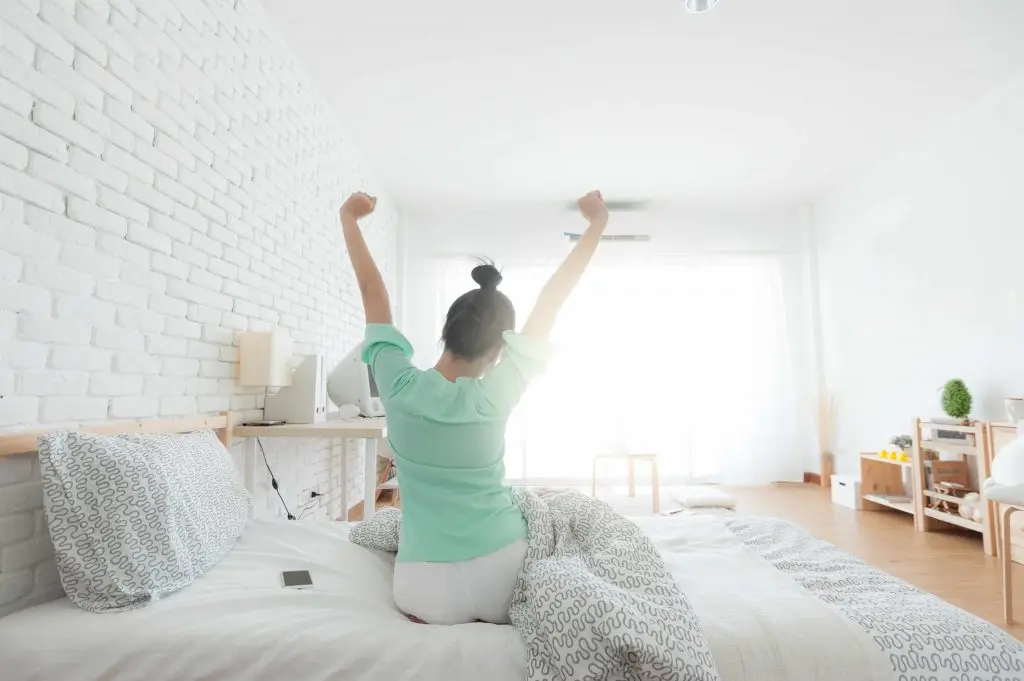For much of the U.S. and many places around the world, daylight saving time begins Sunday, March 13. That’s when clocks are turned forward one hour.
Sleep provides the foundation for all your daily habits and decisions. Getting enough quality rest each night is essential for optimal health. Regularly sleeping less than seven hours per night is associated with weight gain, diabetes, high blood pressure, stroke and depression. Lack of sleep also can affect your immune system and heart health.
But a time shift ― even by one hour ― can take a toll on your sleep. Similar to the effects of jet lag, setting your clock ahead an hour for daylight saving time can disturb your system because your internal clock keeps on ticking, regardless of time zone or daylight saving time. This internal clock, or circadian rhythm, is influenced by exposure to sunlight, among other factors.
Whether due to daylight saving time adjustments or traveling across time zones, here are four things you can do to prepare for sleep changes:
- Adjust your internal clock gradually.
If you know a time change is coming, adjust your sleep and wake times in small increments so your body can transition gradually. Shift your bedtime and wake time in 15- to 30-minute increments. - Plan ahead.
If you’re traveling to a different time zone, arrive at your destination early to allow yourself time to adjust and prepare for a good night’s sleep. Perhaps even catching a short nap before the events ahead would allow you to adapt to the time schedule without interrupting a good night’s sleep. - Step into the sun.
Sunlight affects your body’s circadian rhythm. To maintain sleep patterns, spend some time in the sunlight upon waking or later in the day, depending on which direction you travel. Morning light can usually help you adjust to an earlier time zone — when you are traveling east. And evening light helps you adapt to a later time zone ― when you are traveling west. - Use essential oils.
Essential oils extracted from plants often are used in aromatherapy. Studies have shown that essential oils can reduce feelings of anxiety and produce a sense of calm. These oils may help you drift off more easily: lavender, jasmine, chamomile, bergamot, rose, clary sage, neroli, sandalwood, ylang ylang and vanilla. Common ways to use essential oils are with an air diffuser, or by applying a few drops to a cotton ball or tissue that you tuck into your pillowcase. Sleep masks and pillows infused with scents from essential oils also can help you relax and rest.
By Laurel Kelly, March 10, 2022

